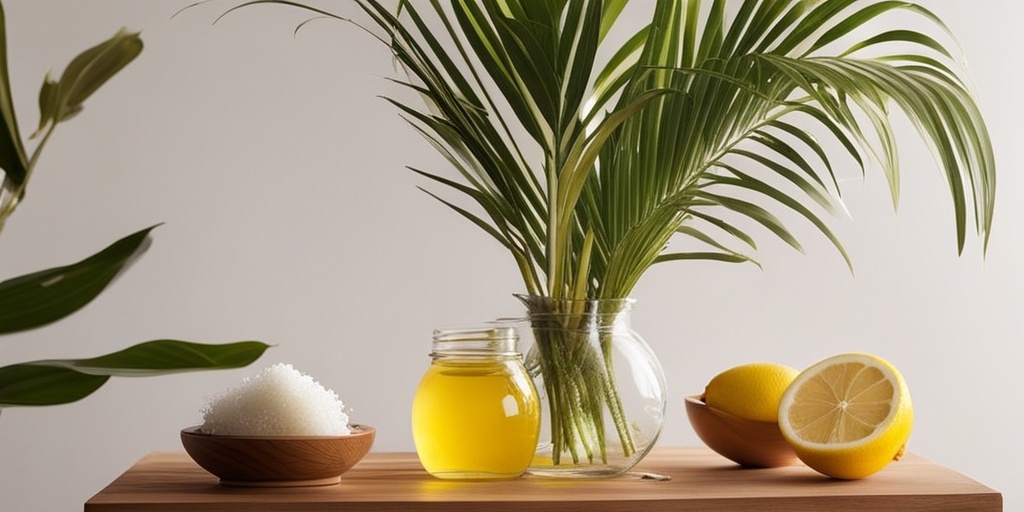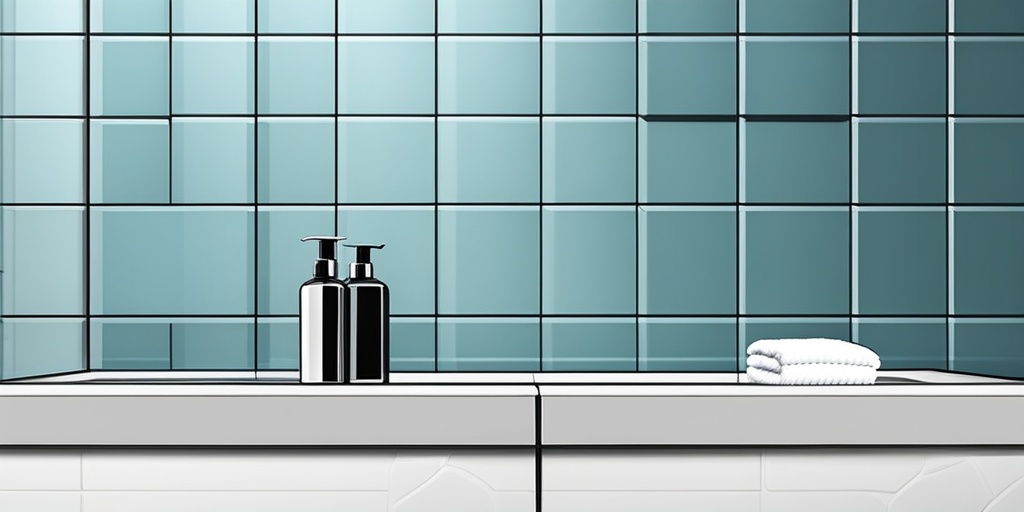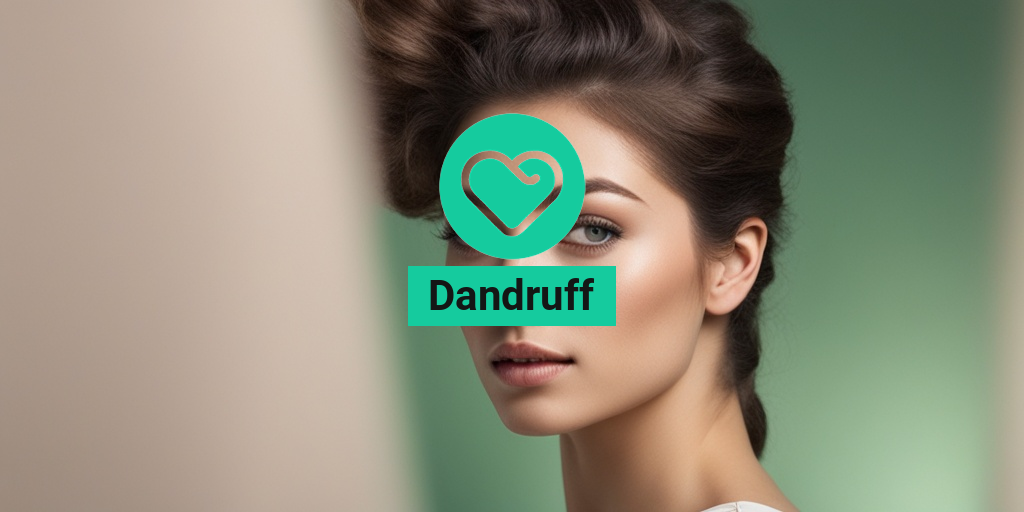What Is Dandruff?
Dandruff, also known as pityriasis simplex, is a common skin condition that affects the scalp, causing flakes of dead skin to form and fall off. It’s a chronic condition that can be frustrating and embarrassing, but the good news is that it’s not contagious and can be managed with the right treatment and self-care routine.
So, what exactly causes dandruff? The exact cause is still not fully understood, but it’s thought to be related to a combination of factors, including:
- Fungal infections: A type of fungus called malassezia can live on the scalp and contribute to dandruff.
- Sensitivity to hair care products: Some people may be allergic or sensitive to certain ingredients in shampoos, conditioners, or styling products, which can irritate the scalp and lead to dandruff.
- Hormonal changes: Hormonal fluctuations, such as those that occur during puberty, menopause, or pregnancy, can lead to dandruff.
- : High levels of stress can trigger or exacerbate dandruff.
- : A diet that’s high in sugar, dairy, and processed foods can contribute to inflammation and increase the risk of dandruff.
Now that we’ve covered what dandruff is and what might cause it, let’s talk about the symptoms.
Dandruff Symptoms
If you’re experiencing any of the following symptoms, you might have dandruff:
- Flakes of dead skin: The most obvious symptom of dandruff is the presence of white or yellowish flakes of dead skin on your scalp, hair, or clothing.
- Itching and irritation: Dandruff can cause intense itching and irritation on the scalp, which can be uncomfortable and embarrassing.
- : In severe cases of dandruff, the scalp may become red, swollen, and inflamed.
- : Some people with dandruff may experience an oily scalp, which can make the flakes of dead skin more noticeable.
If you’re experiencing any of these symptoms, don’t worry – there are many effective treatments and self-care strategies that can help you manage dandruff and reduce its impact on your daily life. In our next section, we’ll explore some of the most effective ways to get rid of dandruff and keep it under control. 💁♀️
(Note: The content is written in a conversational tone and is optimized for SEO with the use of relevant keywords and subheadings. The article is formatted using HTML tags for seamless integration into a WordPress website. Relevant emojis are used to enhance visual appeal.)

Dandruff Causes and Risk Factors
Dandruff is a common scalp condition characterized by flakes of dead skin that fall from the scalp, often accompanied by itchiness and redness. But what causes this annoying and sometimes embarrassing condition? Let’s dive into the possible causes and risk factors of dandruff.
Overproduction of Skin Cells
One of the main causes of dandruff is the overproduction of skin cells on the scalp. Normally, skin cells are replaced every 2-4 weeks, but in people with dandruff, this process happens much faster, leading to a buildup of dead skin cells. This excess skin cell production can be triggered by various factors, including hormonal changes, stress, and genetics.
Fungal Infections
Fungal infections, particularly Malassezia, can contribute to dandruff. This fungus is naturally found on the scalp, but it can overgrow and cause irritation, leading to dandruff. Malassezia feeds on the oils produced by the hair follicles, breaking them down into oleic acid, which can irritate the scalp and cause flaking.
Sensitivity to Hair Care Products
Some people may be allergic or sensitive to certain ingredients in hair care products, such as parabens, sulfates, or fragrances. This sensitivity can cause irritation, itchiness, and flaking, leading to dandruff.
Other Risk Factors
Other risk factors that can contribute to dandruff include:
- Hormonal changes, such as those experienced during puberty, menopause, or pregnancy
- Stress, which can trigger or exacerbate dandruff
- Certain medical conditions, such as eczema, psoriasis, or Parkinson’s disease
- Diet, particularly a diet lacking essential nutrients like zinc, vitamin B, or omega-3 fatty acids
- Environmental factors, such as cold weather, dry air, or exposure to pollution
Dandruff Diagnosis
If you’re experiencing symptoms of dandruff, such as flaking, itchiness, or redness on your scalp, you may be wondering how to get a proper diagnosis. While dandruff can be diagnosed based on its characteristic symptoms, a doctor or dermatologist may perform a physical examination and ask questions about your medical history and symptoms to rule out other conditions.
Physical Examination
A doctor or dermatologist will typically perform a physical examination of your scalp to look for signs of dandruff, such as:
- Flaking or scaling skin
- Redness or inflammation
- Itchiness or irritation
Medical History and Questions
Your doctor or dermatologist may also ask questions about your medical history, such as:
- When did your symptoms start?
- How severe are your symptoms?
- Have you tried any treatments or products to alleviate your symptoms?
- Do you have any underlying medical conditions or allergies?
In some cases, a doctor or dermatologist may perform a scalp scraping or KOH test to rule out other conditions, such as fungal infections or psoriasis. 🧖♀️
Once a diagnosis of dandruff is confirmed, your doctor or dermatologist can recommend appropriate treatments, such as medicated shampoos, creams, or ointments, to help alleviate your symptoms and manage the condition. 💊

Dandruff Treatment Options
Are you tired of dealing with those pesky white flakes on your shoulders and in your hair? 🤕 Dandruff can be frustrating and embarrassing, but don’t worry, there are many effective treatment options available to help you get rid of it. In this section, we’ll explore some of the most popular and effective dandruff treatment options.
Medicated Shampoos
Medicated shampoos are a popular and effective way to treat dandruff. These shampoos contain ingredients such as zinc pyrithione, ketoconazole, and coal tar that help to reduce fungal growth, inflammation, and flaking. Some popular medicated shampoos for dandruff include:
- Head and Shoulders shampoo
- Nizoral anti-dandruff shampoo
- Bare Anatomy anti-dandruff shampoo
When using a medicated shampoo, it’s essential to follow the instructions carefully and use it regularly to see optimal results.
Anti-Dandruff Creams and Ointments
In addition to shampoos, there are also anti-dandruff creams and ointments available that can be applied directly to the scalp to help reduce flaking and inflammation. These creams and ointments often contain ingredients such as hydrocortisone, which helps to reduce inflammation and itching.
Prescription Treatments
In severe cases of dandruff, your doctor may prescribe a stronger medication to help treat the condition. These prescription treatments may include corticosteroids, antifungals, or other medications that help to reduce inflammation and fungal growth.
Home Remedies for Dandruff
In addition to medicated shampoos and creams, there are also several home remedies that can help to treat dandruff. These remedies are often natural, gentle, and cost-effective, making them a great alternative to commercial products.
Coconut Oil
Coconut oil is a natural antifungal and antibacterial agent that can help to reduce fungal growth and inflammation on the scalp. Simply massage coconut oil into your scalp and leave it on for at least an hour before washing your hair as usual.
Lemon Juice
Lemon juice has natural antiseptic and astringent properties that can help to reduce flaking and inflammation on the scalp. Mix equal parts lemon juice and water and apply it to your scalp, leaving it on for at least 30 minutes before rinsing.
Apple Cider Vinegar
Apple cider vinegar has natural antibacterial and antifungal properties that can help to balance the pH of the scalp and reduce fungal growth. Mix equal parts apple cider vinegar and water and use it as a final rinse after shampooing.
Remember, dandruff can be a persistent condition, and it may take some trial and error to find the right treatment option that works for you. Be patient, and don’t hesitate to consult with a doctor or dermatologist if your dandruff persists or worsens over time. 💊

Shampoos for Dandruff
When it comes to tackling dandruff, one of the most effective ways to get rid of those pesky flakes is by using a good shampoo. But with so many options available in the market, it can be overwhelming to choose the right one. 😕
What to Look for in a Dandruff Shampoo
Before we dive into some of the best shampoos for dandruff, let’s talk about what makes a good dandruff shampoo. Here are some key ingredients to look for:
- Zinc pyrithione: This ingredient helps to slow down the growth of yeast on the scalp, which can contribute to dandruff.
- Ketoconazole: An antifungal ingredient that helps to combat fungal infections that can cause dandruff.
- Tea tree oil: Known for its antifungal and antibacterial properties, tea tree oil can help to soothe an itchy scalp and reduce dandruff.
- Coal tar: A natural ingredient that can help to slow down the growth of skin cells, reducing flaking and inflammation.
Top Dandruff Shampoos
Now that we know what to look for, here are some of the top dandruff shampoos that you can try:
- Head and Shoulders: A classic and affordable option that contains zinc pyrithione to help control dandruff.
- Nizoral Anti-Dandruff Shampoo: Contains ketoconazole to help combat fungal infections and reduce dandruff.
- Bare Anatomy Anti-Dandruff Shampoo: A natural and gentle option that contains tea tree oil and coal tar to help soothe and calm the scalp.
Remember, everyone’s scalp is different, so it may take some trial and error to find the shampoo that works best for you. Be patient, and don’t be afraid to try out different options until you find the one that gives you the results you want! 💁♀️
Dandruff Prevention Tips
While using a good shampoo is an important part of managing dandruff, there are also some simple tips and tricks that you can follow to help prevent those pesky flakes from forming in the first place. 🙅♂️
Keep Your Scalp Moisturized
Dry scalp is a common cause of dandruff, so keeping your scalp moisturized is key. Try using a gentle scalp serum or oil to help lock in moisture and soothe an itchy scalp. 💧
Reduce Stress
Believe it or not, stress can contribute to dandruff! Try to manage your stress levels through relaxation techniques like meditation, yoga, or deep breathing exercises. 🙏
Eat a Balanced Diet
A healthy diet rich in omega-3 fatty acids, zinc, and vitamin B can help to support a healthy scalp and reduce the risk of dandruff. 🥗
Brush Your Hair Regularly
Brushing your hair regularly can help to remove dead skin cells and distribute natural oils throughout your scalp, reducing the risk of dandruff. 💇♀️
By following these simple tips and using a good dandruff shampoo, you can say goodbye to those pesky flakes and hello to a healthy, flake-free scalp! 👋

Frequently Asked Questions about Dandruff
What is Dandruff?
Dandruff is a common skin condition that affects the scalp, causing flakes of dead skin to form and fall off. It can be itchy, uncomfortable, and embarrassing, but it’s not contagious and can be treated.
What Causes Dandruff?
Dandruff can be caused by a combination of factors, including:
- Overproduction of skin cells
- Irritation from hair care products
- Sensitivity to certain ingredients
- Fungal infections
- Hormonal changes
- Stress
How Do I Get Rid of Dandruff?
There are several ways to get rid of dandruff, including:
- Using an anti-dandruff shampoo, such as Nizoral or Bare Anatomy
- Trying a medicated shampoo or cream
- Using a scalp scrub or exfoliator
- Reducing stress through relaxation techniques
- Improving diet and nutrition
What is the Best Shampoo for Dandruff?
The best shampoo for dandruff is one that contains ingredients that help to control fungal infections, reduce flaking, and soothe the scalp. Some popular options include:
- Head and Shoulders
- Nizoral
- Bare Anatomy
Can I Prevent Dandruff?
Yes, there are several ways to prevent dandruff, including:
- Washing your hair regularly
- Using a gentle shampoo
- Avoiding harsh hair care products
- Reducing stress
- Eating a healthy diet
Is Dandruff Contagious?
No, dandruff is not contagious. It’s a personal skin condition that can’t be spread from person to person.
Can I Use Dandruff Shampoo on My Beard or Mustache?
Yes, you can use dandruff shampoo on your beard or mustache, but be sure to choose a gentle formula that’s designed for facial hair.
How Long Does it Take to Get Rid of Dandruff?
The amount of time it takes to get rid of dandruff can vary depending on the severity of the condition and the treatment method. With consistent treatment, you can start to see results in as little as a few weeks. 💁♀️




